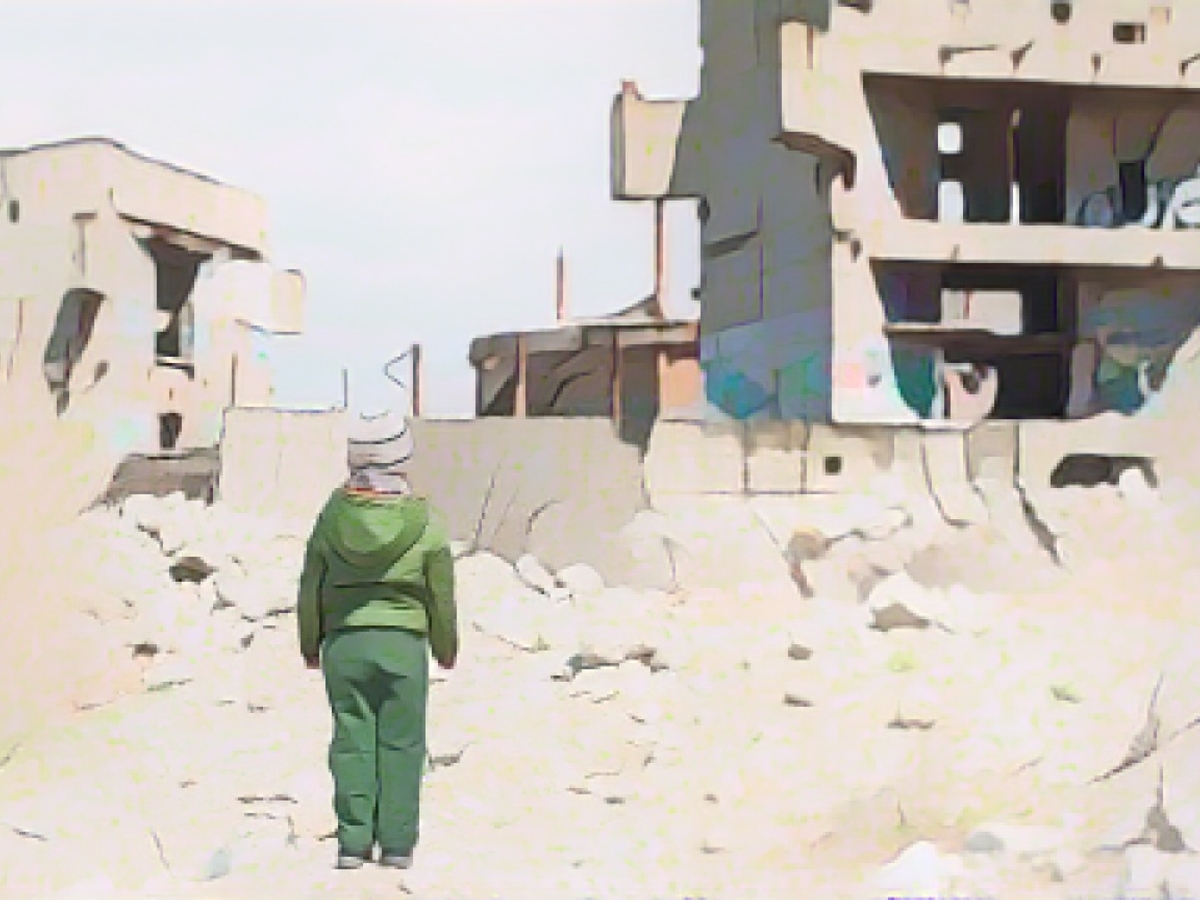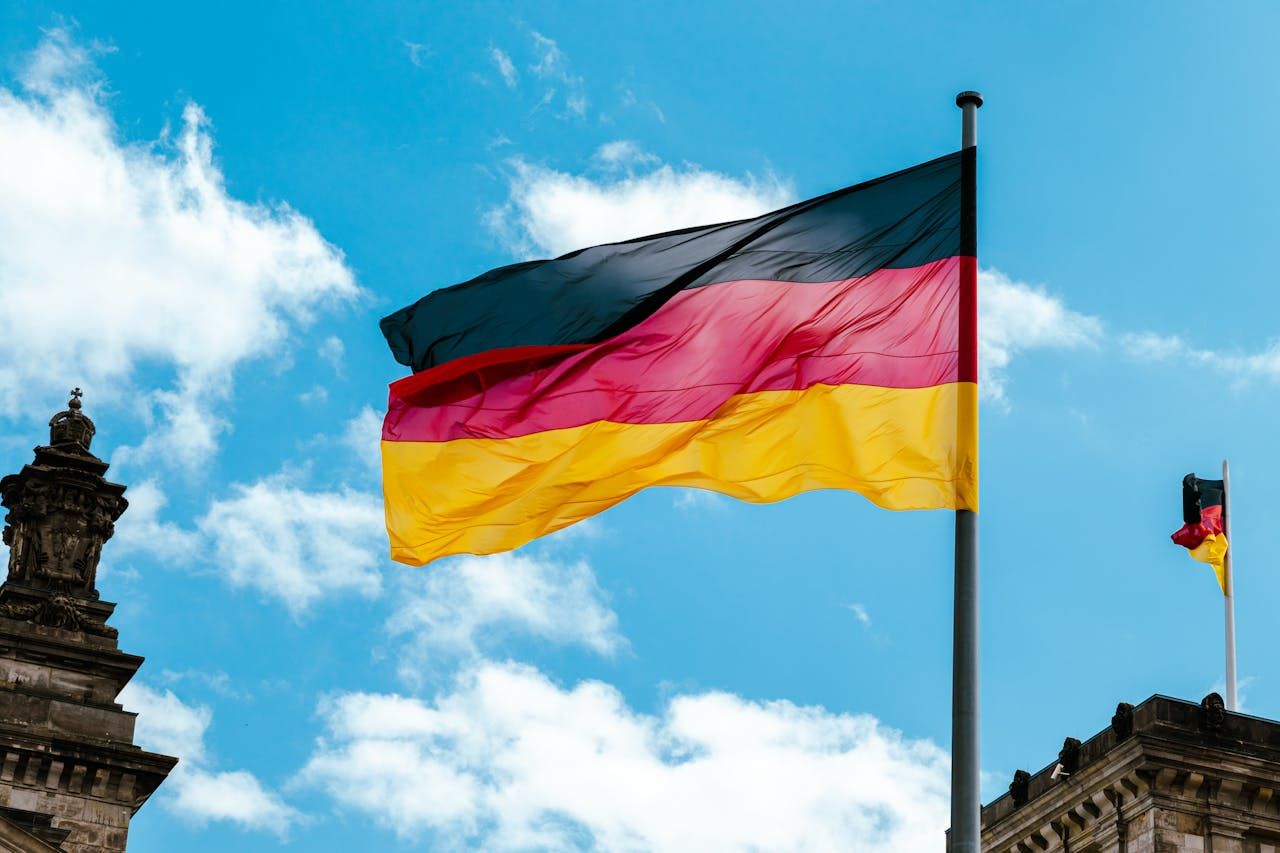Safe countries of origin
Authorities and the media often talk about "safe countries of origin" or "safe countries of origin". But what does this actually mean? Here we explain what a "safe country of origin" is and what it means for your asylum procedure if you come from a so-called "safe country of origin".
What do I need to know?
What is a "safe country of origin"?
A country is considered a "safe country of origin" in Germany if there is generally no fear of state persecution there and the state is generally able to protect its citizens from non-state persecution. In this case, the Federal Office for Migration and Refugees (BAMF) initially assumes that people from these countries do not need protection in Germany. The refugee must therefore prove the opposite in their asylum procedure.
The following countries are currently considered "safe countries of origin" in Germany
- Albania
- Bosnia and Herzegovina
- Ghana
- Kosovo
- Macedonia
- Montenegro
- Senegal
- Serbia
- all member states of the EU
There are regular discussions about including the following countries on this list:
- Algeria
- Georgia
- Morocco
- Tunisia
However, these four countries are not currently considered "safe countries of origin".
What needs to be considered during the asylum procedure for persons from "safe countries of origin"?
In principle, the asylum procedure for persons from "safe countries of origin" does not differ from the asylum procedure for persons from other countries. It is generally only carried out more quickly.
The interview is also the most important step for people from "safe countries of origin". At the interview, you should report on your persecution in your country of origin and - if available - provide evidence of this. If the Federal Office for Migration and Refugees (BAMF) considers the persecution to be proven, people from "safe countries of origin" can also be granted protection status and thus a residence permit for Germany.
However, most asylum applications from people from "safe countries of origin" are rejected as "manifestly unfounded". This happens if the BAMF does not believe your story or thinks that you only came to Germany for economic reasons.
If your asylum application has been rejected as "manifestly unfounded", you must act quickly. You only have one week to file an urgent application in court and appeal against the decision. If you do not submit an urgent application or it is rejected by the court, you may be deported. You can find out more about this in our chapter "Asylum application rejected".
What special rules apply to people from "safe countries of origin" during the asylum procedure?
- As a rule, people from "safe countries of origin" must live in the initial reception center or in special accommodation until the end of their asylum procedure. They are not allowed to move.
- People from "safe countries of origin" are generally not allowed to work.
- Persons from "safe countries of origin" may not travel within Germany or may only do so with the permission of the immigration authorities.
- People from "safe countries of origin" generally have no access to integration courses.
- In some federal states, children who are still living in an initial reception center are not required to attend school. You can find out whether your federal state is one of these on landkarte-kinderrechte.de and in our"School" section.
Important
If you have any questions about your rights and options, contact an advice center in your area. You can find an advice center on this Pro Asyl website, for example. You can find lawyers in your area on our Local Information page. Enter the city in which you live and search for asylum, right of residence or legal advice.
Source: handbookgermany.de








